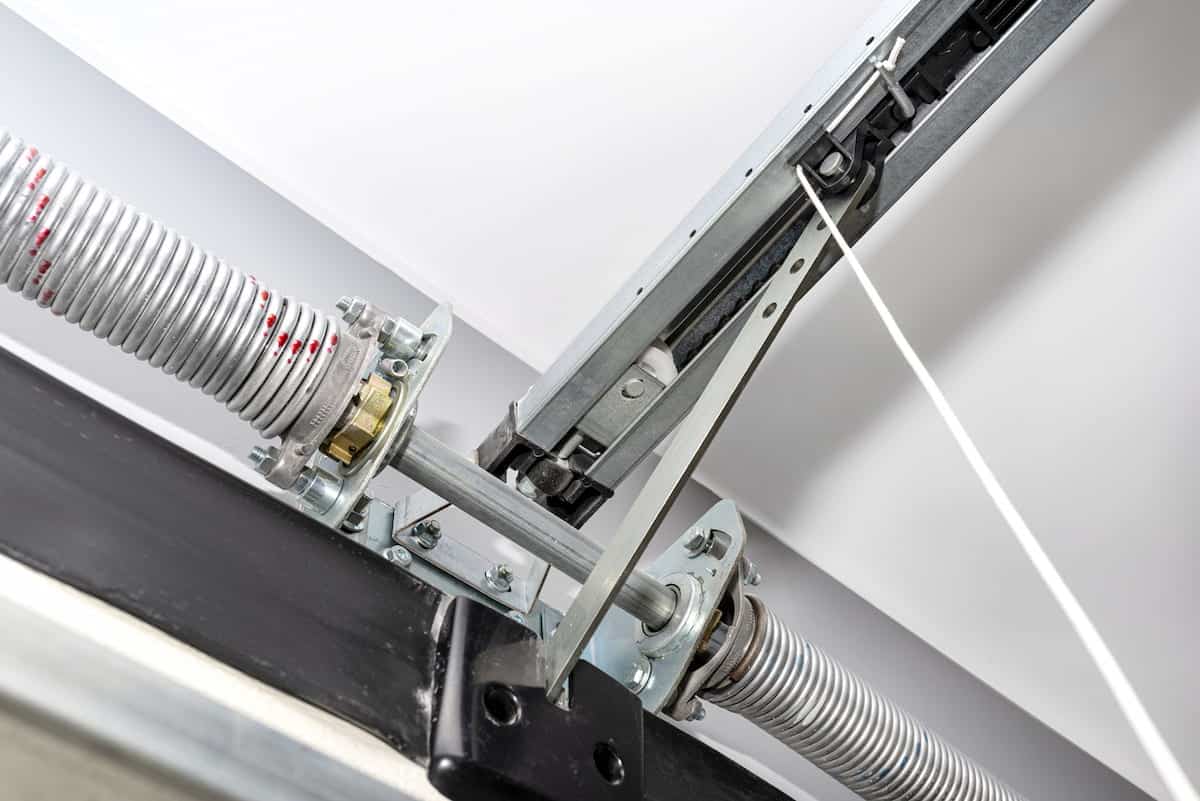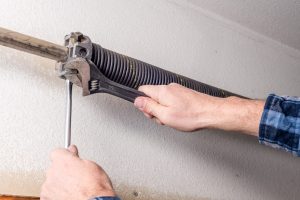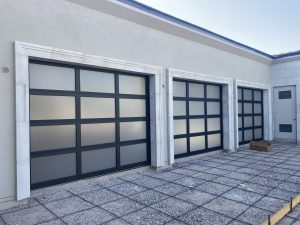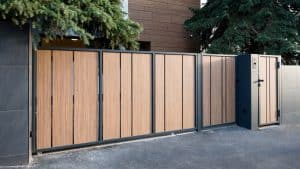Garage door springs are among the most critical components of your garage door system. Without properly functioning springs, your garage door simply can’t open or close efficiently—or safely. Over time, wear and tear can cause these springs to weaken, snap, or completely fail, potentially leading to major inconvenience or even injury. If you’re experiencing problems with your garage door or wondering whether your springs are to blame, this in-depth guide will help you recognize the key signs and know when it’s time for a garage door spring replacement.
Understanding the Role of Garage Door Springs
Garage door springs counterbalance the weight of the door, making it easy for the opener to lift it. There are two primary types: torsion springs and extension springs. Torsion springs are mounted above the garage door opening, while extension springs run along the door’s horizontal tracks. Both types perform the same function but are structured differently.
The tension in these springs is what allows you to lift your heavy garage door with minimal effort. However, because they endure significant mechanical stress every time the door moves, they are susceptible to damage and eventual failure.
Common Signs of a Bad Garage Door Spring
Identifying the signs of a bad garage door spring early on can save you from bigger repair bills or dangerous situations. Here are the most noticeable symptoms:
1. The Garage Door Won’t Open or Is Difficult to Lift
One of the most obvious signs of a broken garage door spring is a door that won’t open at all, or that suddenly feels extremely heavy. Since the spring is responsible for bearing the door’s weight, a failed spring will cause the opener to strain, or it may not be able to lift the door at all.
2. You Hear a Loud Bang from the Garage
If you hear a loud, gunshot-like noise coming from your garage, it’s often the sound of a torsion spring snapping. Broken garage door springs release a lot of tension when they fail, resulting in a sharp, sudden noise. If this happens, check for visible damage to the spring before attempting to open the door.
3. The Door Opens Crookedly or Jerks During Operation
Garage doors that move unevenly or jerk while opening or closing may have a faulty or failing spring on one side. If an extension spring breaks, one side of the door may lift while the other lags, leading to unbalanced operation.
4. Visible Gaps or Damage in the Spring
Inspect the torsion spring above your door. If you notice a visible gap or break in the coil, it’s a clear indication that the spring is broken and needs replacement. Torsion springs should have a tight, continuous coil. Any separation indicates that the spring can no longer perform its function.
5. The Garage Door Closes Too Fast
A door that slams shut instead of closing smoothly could indicate a spring failure. The garage door springs help control the descent of the door. Without proper tension, the door may fall too quickly, posing a risk of injury or damage.
6. Opener Motor Struggles or Stalls
Your garage door opener is designed to work in tandem with the springs. If the springs are damaged, the opener may strain or overheat when trying to lift the door. Repeated stress can eventually damage the opener as well.
Diagnosing a Broken Garage Door Spring Safely
While many homeowners notice the symptoms, not everyone knows how to tell if a garage door spring is broken without getting too close. Always exercise caution. If the door won’t open, appears crooked, or the spring has visible damage, it’s best to avoid manual inspection and call a professional. Trying to force the door open could cause further damage or personal injury.
If you do attempt a visual inspection, do so with the garage door fully closed and disengage the opener. Look for a gap in the torsion spring or elongated extension springs. If you find evidence of damage, the best course of action is to seek garage door spring repair or replacement immediately.
The Dangers of DIY Garage Spring Replacement
Garage door springs are tightly wound and under high tension. Attempting to repair or replace them without proper tools and experience is extremely dangerous. One wrong move can cause the spring to unwind violently, leading to serious injuries.
Professionals have specialized equipment and the necessary training to safely replace torsion springs and ensure the garage door system is balanced and functioning properly. Don’t risk your safety—garage spring issues should always be left to the experts.
When to Replace Garage Door Springs
Garage door springs typically last between 7 to 12 years, depending on usage. If your garage door is used multiple times per day, you may experience spring failure sooner. As a general rule, consider spring replacement if:
- You notice any of the signs mentioned above
- The door has surpassed its typical cycle limit (10,000 cycles is common)
- The springs look rusty or stretched
- You’re replacing other key garage components and want full reliability
Routine Garage Spring Maintenance Tips
Although springs will eventually wear out, you can extend their lifespan with regular maintenance. Here are a few garage spring maintenance tips:
- Lubricate the springs every 3 to 6 months using a silicone-based lubricant to reduce friction and wear.
- Inspect for rust or corrosion, especially in humid environments.
- Listen for strange noises during operation, such as squeaking or grinding.
- Schedule annual inspections by a garage door technician to catch early signs of spring problems.
Regular attention to these details can help prevent sudden garage door spring problems and reduce emergency repair costs.
What Happens If You Ignore a Broken Spring?
Ignoring faulty garage door spring symptoms can lead to bigger issues. Your opener may burn out from overcompensating for the lost tension. The door could suddenly collapse, risking injury or damaging your vehicle. Continued use of a garage door with spring tension issues compromises the entire system’s stability and safety.
Addressing the issue promptly not only saves you money in the long run but also ensures your garage door operates safely and reliably.
Should You Replace One or Both Springs?
Even if only one spring is broken, it’s highly recommended to replace both at the same time. Springs are installed as pairs and are designed to work together. If one fails, the other is likely nearing the end of its life. Replacing both ensures balanced operation and prevents a repeat service call in the near future.
Why Professional Garage Door Spring Repair Is Essential
Many garage door spring problems are not visible until they escalate into full-blown malfunctions. Professional technicians know how to identify early warning signs, safely handle spring tension, and restore the door’s operation to factory conditions. They can also calibrate spring tension to ensure smooth, silent movement and prevent premature wear on other parts like cables, rollers, and the opener.
Professional services also typically come with warranties, giving you peace of mind that your investment is protected.
Conclusion: Don’t Ignore the Signs—Act Before It’s Too Late
Garage door springs are vital to the safe and efficient operation of your garage door. From difficulty opening the door to loud noises, visible gaps, and uneven movement, these warning signs should never be ignored. Early detection and prompt garage door spring replacement can save you time, money, and potential injury.
If you’ve noticed any of these symptoms or are unsure whether your garage door springs are in good shape, don’t take risks with DIY solutions. Trust the professionals at Stapley Action Garage Door. We offer fast, reliable, and affordable garage door spring repair and replacement services tailored to your needs.
Contact Stapley Action Garage Door today to schedule your inspection or spring replacement. Let us restore the safety and functionality of your garage door with expert care you can count on.








